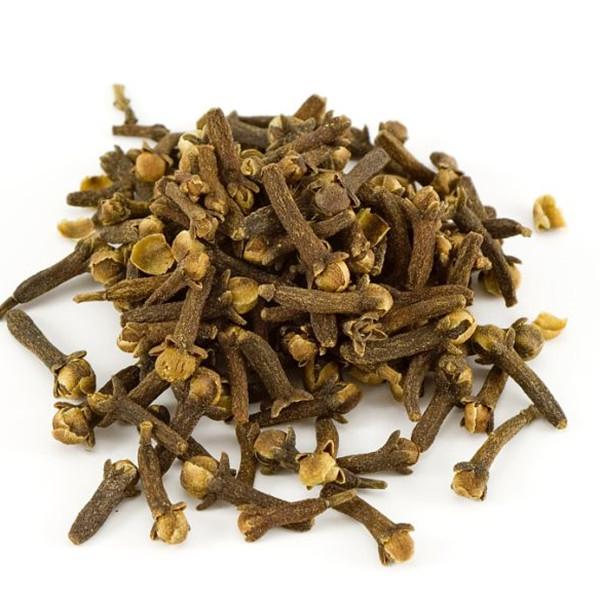Pharmacological effects of Baicalin
Baicalin is a kind of good medicine that can effectively inhibit germs, and it can also inhibit some more serious diseases. In modern life, many of the vegetables and fruits that people eat contain harmful substances such as pesticides, bulking agents, preservatives, etc. These harmful substances enter the human body and cause damage to body organs, cause physical discomfort, and induce various serious diseases . Once uncomfortable symptoms appear, we should treat them promptly.
In recent years, as people’s living standards have improved day by day, people’s requirements for food to eat have become higher and higher. However, when people eat five grains, they always get sick. Once they are infected, it will cause discomfort to our body. If not treated in time, it will induce more serious illnesses. Baicalin has an inhibitory effect on some serious diseases, such as cancer. Below, let’ talk about the effect of this drug.
Scutellaria baicalensis Georgi is a dicotyledonous Lamiaceae plant. A flavonoid compound extracted from its dried roots is called baicalin. This medicine is a light yellow powder at room temperature and has a bitter taste.
We know what baicalin is now. Let’s understand the pharmacological effects of baicalin:
1.Baicalin has anti-tumor effect: this medicine has obvious inhibitory effect on tumor cell proliferation.
2.Baicalin has a protective effect on liver injury.
3.The effect of baicalin on retinopathy: The medicine Lu has a significant effect on inhibiting extracellular inflammatory edema of the retina.
4.Baicalin has anti-allergic reactions.
In summary, the pharmacological effects of baicalin in clinical treatment are very large. In our daily life, we should pay more attention to preventing the occurrence of diseases. We usually eat more green foods and organic vegetables, and try to avoid eating junk food made from waste oil. Only in this way can we benefit our health and prevent cancer and other malignant diseases from harming us.

